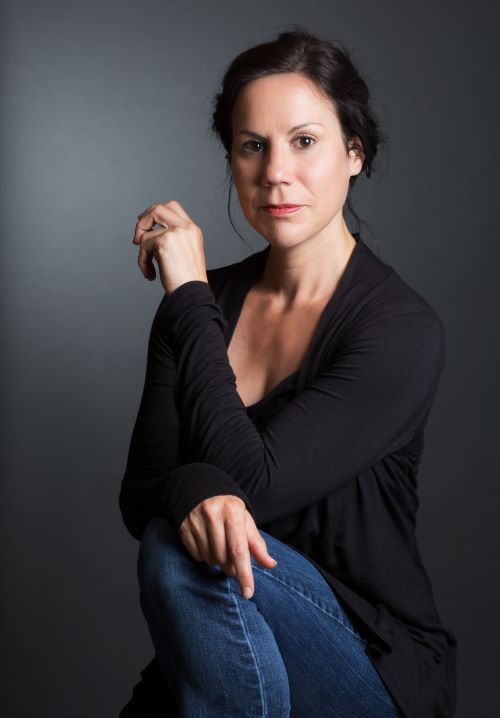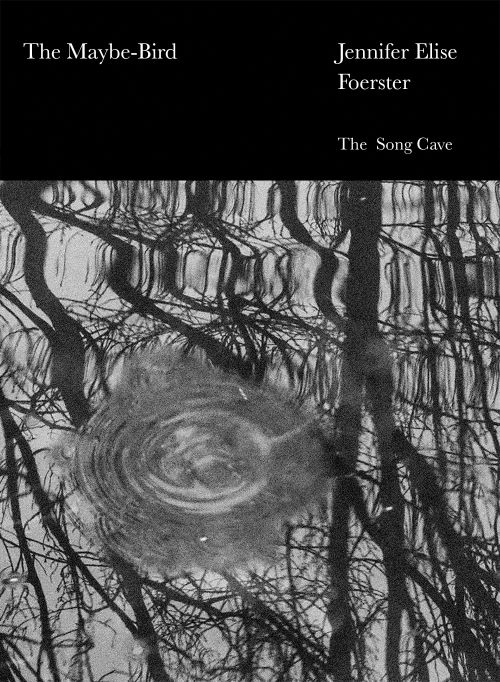Of paradise. Language could not take you thereThe poem had no temporal defense—abandoned, it fled its historical texts,crossed mountains, pretending time to pass.Up and down stairs, in and out of roomsI write into oblivion goingnowhere—pen runs out, computer dies.Are we material or electronic?Or birds of the cross-sea’s alliances,red underwings igniting the wheelwhen autumn’s sweep blows in and turnsinward the horizon’s eyes, its ripped mouthbleeding out the burden of a forest.Paradise—language cannot take us there.Each pass I cross, the same scene reappears:alongside the atlas’s scribbled roadthe singers have fallen asleep in their cars,an errant breeze through the foliage,their almost imperceptible ascent. Of children the hour’s swift current pulled underMy just-cracked iris, beauty’s cruel syntaxblinks from a museum of dead grammar.I want a breath where there is no body,to write the sentence of a shifting tide,a bead for each seagull in the sequenceof children the hour’s swift current pulled under.I want space around the word, just enoughso that its shadow irritates the line—wind-chime—such expensive equipmentthe mind, lost as a white doe in winter.Butchered once by starving hunters, she wouldstarve them out for centuries. Her witcherymy looping trail, a crown of prints in snow.
Tuccēnen (excerpt)
Feature Date
- January 19, 2023
Series
Selected By
Share This Poem
Print This Poem
“Tuccēnen(excerpt)” from THE MAYBE-BIRD: by Jennifer Elise Foerster.
Published by The Song Cave on June 1, 2022.
Copyright © 2022 by Jennifer Elise Foerster.
All rights reserved.
Reproduced by Poetry Daily with permission.

Jennifer Elise Foerster is the author of three books of poetry, most recently, The Maybe-Bird (The Song Cave, 2022), and served as the Associate Editor of When the Light of the World Was Subdued, Our Songs Came Through: A Norton Anthology of Native Nations Poetry. She is the recipient of a NEA Creative Writing Fellowship, a Lannan Foundation Writing Residency Fellowship, and was a Wallace Stegner Fellow in Poetry at Stanford. A member of the Muscogee (Creek) Nation of Oklahoma, she lives in San Francisco.
"To help us know ourselves again, Jennifer Foerster has made a poem that is also a story, drawn from the Myskoke language into an intricate, but unfailingly buoyant, poetic net. Repeating lines in The Maybe-Bird act as sonic re-beginnings. They launch attempts to know a world in which we are excrutiatingly unmoored creatures. Their recurring music helps us bear the book’s hard truths for and with each other: 'The passage into the interior / is riddled with masks, skins shed, hung for trade.' How is the depth held by Foerster with such ease, reminding us what language can hold, even without explaining, or giving reasons why? I am astonished: I can say 'we' again with new confidence because of the undergoing this book asks us to do together, a journey made possible by the indigenous people of all of the Americas, and now made traceable by all readers willing to lend a breath. If our future as a human race can exist, I believe we can find out how to know it here."
—Kaite Peterson
"In The Maybe-Bird, Jennifer Elise Foerster knits language to create new and haunting ways of seeing and being in the world. These compelling and unsettling poems weave the past with our uncertain future. At turns the speaker loses faith in poems and narratives, but I trust the urgency in that doubt and that pulled me through this wonder-filled book. I’m grateful for the gift of The Maybe-Bird."
—Sean Hill
Poetry Daily Depends on You
With your support, we make reading the best contemporary poetry a treasured daily experience. Consider a contribution today.




